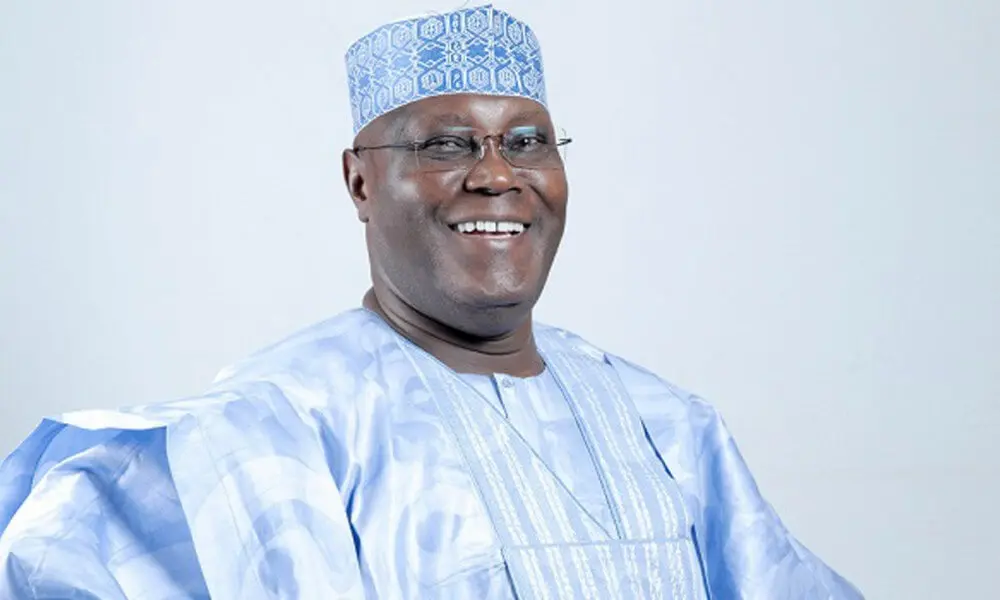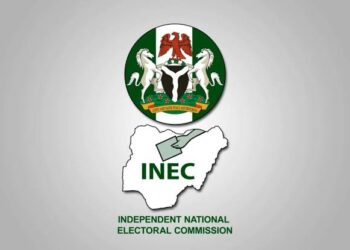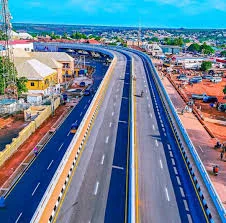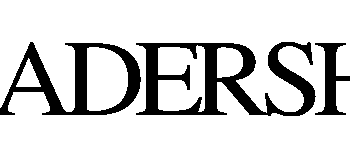Alhaji Atiku Abubakar is projected to win the Nigerian 2023 election scheduled for February 25, 2023.
The interim report from nine months study led by Dr. Oludare Ogunlana of June Group Research and Council for African Security Affairs (CASA) with other Intelligence practitioners in the United States, Europe, and Nigeria pointed to the candidate of the People’s Democratic Party (PDP) as a potential winner.
The outcome of the study rated Atiku higher than other candidates from All Progressive Congress (APC) and Labour Party (LP), and New Nigeria Peoples’ Party (NNPP), using four key variables: political geography, religion, resources, and class.
The study’s scope is limited to observing political actors and interviews with stakeholders in organisations from across six zones of Nigeria and the Nigerians in the Diaspora: political leaders, women groups, religious organisations, civil societies, trade unions, and youth organisations. In each interview, we focused on five areas: the personality of the candidates, ethnic influence, religion, power of incumbency, voters’ behavior, emotions’ role, political socialisation, and tolerance of diversity of political views. The study that started in May 2022 accurately predicted the outcome of the PDP and APC primaries and the emergence of Alh Atiku Abubakar and Senator Bola Tinubu as candidates for their respective parties.
“We identified where the political influencers, religious leaders, organizations, and Nigerians in the Diaspora stood with voting President in February 2023 and how it aligned to victory for each candidate. In addition, we gathered data from facilitated workshops and interactive survey sessions with Nigerian political thought leaders, which include lawyers, political activists, and former and current serving political office holders,” the study noted.
While we respect various polls that have put a particular candidate as the preferred candidate to win the election, we state that data alone does not speak for itself significantly when such data is based on manipulation and sectional polling. The result of every data must be put into context, including understanding the people, culture, pattern, geographical spread of the platform, and historical antecedents.





